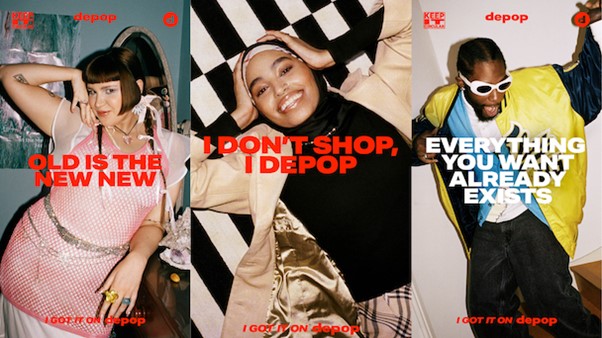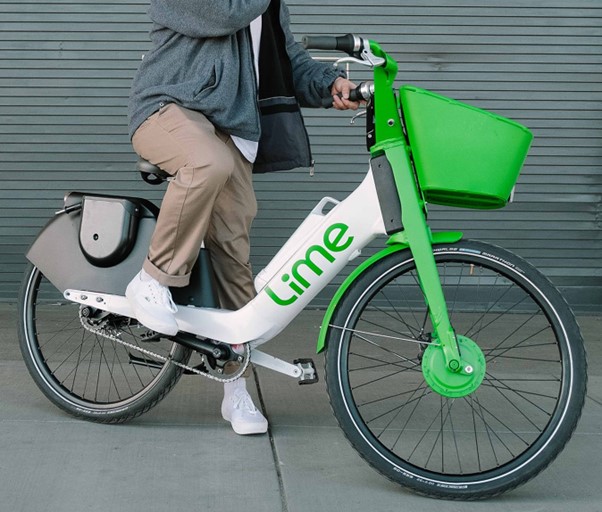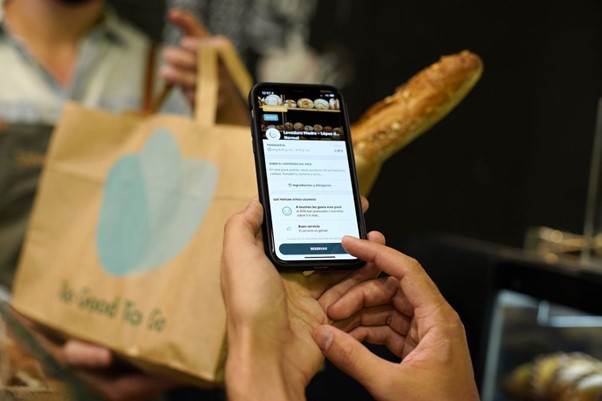Blog
2024 | A year to leap into regeneration?
Amid a persistent cost-of-living crisis, brands in the UK are being challenged to redefine affordability through regenerative practices.


Josh Barazetti-Scott
01 February 2024
5 min read
Now that January has (finally!) come to an end, it feels like a good time to think back about the resolutions we might have made back in 2023 as December drew to a close. When I was doing my own Christmas shopping, it certainly felt that there were more brands than ever helping me to ‘do good’ by demonstrating a conscious effort to support enhanced societal and environmental outcomes. Rapanui (where I bought a jumper for my dad) are recovering and recycling the equivalent of 50 plastic bottles for every order made. While stocking up on caffeine to help me host my family, I saw that Illy are distributing coffee with a ‘regenerative agriculture’ label. Dr. Bronner’s, that makes chocolate with sustainably sourced ingredients (for my vegan mum and stepdad), is another example of a brand that is Regenerative Organic Certified.
This focus on regeneration isn’t solely driven by a few responsible brands. According to our What Matters study, 72% of people in the UK believe that focusing on ‘sustainability’ is no longer enough; we need to go beyond ‘sustaining’ the planet into ‘reversing the damage’ we have done. More brands are responding to this consumer demand for regenerative practices and this appears to be beginning to cut through. The desire for regeneration and long-term usability is a sentiment that we have seen accelerate through the recent cost of living crisis. While it’s a global phenomenon, it has particularly impacted the UK, where I live, since 2021. Inflation eased to a still-relatively-high 4.6% in October 2023, down from a steep 11.1% in October 2022. As a result, half of Britons were intending to spend less on Christmas, with 2.7m actively having to choose between buying food or presents – a sobering statistic that sounds more like it’s from a Dickensian version of Britain, than in 2023.
With 83% of people in the UK believing that brands need to take responsibility to help safeguard the future of our planet, there is a clear appetite for ‘something’ to be done. But what does this look like? How do these issues come together in real life for real people and how can businesses further future-proof themselves and tap into the increasing desire for regeneration?
Brands paving the way for regenerative living on a budget
In the fashion industry, Depop, Vestaire Collective and eBay match pre-loved clothing to new wearers – Vestiaire Collective has a particular focus on bringing a higher end of quality to the pre-loved clothing market. These growing brands all successfully combine regeneration with making items more wallet-friendly. In fact, 90% of all purchases made on Depop prevent the purchase of a brand-new item elsewhere.

Looking at mobility, Zipcar is helping people in cities across the UK and beyond reduce their outgoings and car use, by only renting a car for the days or times they need it. The brand positions its services as a way to save money in comparison to car ownership and to live a greener life. Not only is reduced car use hugely beneficial for the environment, the brand is also looking to have a fully electric fleet by 2025, in line with their vision to enable simple and responsible urban living.
Another example is Lime, which offers short-term rentals of electric bikes and scooters at an affordable price. With their goal of ‘revolutionising urban transportation towards a shared, electric and carbon free future’, they aim to replace all car trips under 5 miles with shared mobility solutions. In addition to powering their e-bikes and scooters through renewable energy, Lime also contributes to a regenerative future by powering all of their warehouses and offices by green energy. And by designing their bikes and scooters in-house, they are building for longevity with higher quality, modular parts and swappable, interchangeable batteries.

Brands in the food and beverage sector are also marrying regenerative thinking with affordability. Food app ‘Too Good to Go’, helps to avoid food waste by allowing local shops and restaurants to sell their leftovers that would have otherwise gone to waste. Users can easily log in to the app to see what is on offer nearby, select a convenient pick-up moment and buy it at discount price.

From fashion to transport, food and beyond, there are clear opportunities for brands to have regenerative purposes, while catering for consumers’ needs – now and in the future.
Context is king
The way in which brands communicate their commitment to regenerative sustainability is highly important, especially as 79% of people in the UK believe that brands need to be more transparent and provide information about their sustainability efforts. But with messages around sustainability and regeneration competing for distracted consumers’ attention and a share of ever-more-stressed wallets, how do we make sure these messages and actions land effectively and persuasively?
Being aware of context is key. Brands need to understand how consumers think and feel as they make brand engagement decisions and how that landscape might be changing. If brands can’t anticipate these changes, aren’t close enough to consumers to understand them, or fail to develop these in an effective, appealing way, they can get caught out.
One such example happened last year when Delta airlines were faced with a class-action lawsuit due to their dubious claim of being ‘the world’s first carbon-neutral airline’. The lawsuit contests that this claim is primarily based on very dubious carbon-offsetting schemes that have little to no impact on the environment and therefore misleads consumers. Delta severely underestimated how strongly people feel about this issue and how willing they are to act according to their beliefs in this space.
Being close to consumers and their in-the-moment decisions means brands can avoid being on the wrong side of consumers’ sentiments. So, while we don’t know exactly what’s round the corner, we do know that people are looking for change. Guiding people towards regenerative choices in a clear, understandable way may be a small nudge away for individuals and brands, but could be a big leap for humankind.
What Matters 2024
The 2024 edition of our What Matters report has arrived. The report takes a clear stance for change driven by a call for urgency, as new research reports 8 out 10 people worldwide are worried about the future and feel brands need to take responsibility.